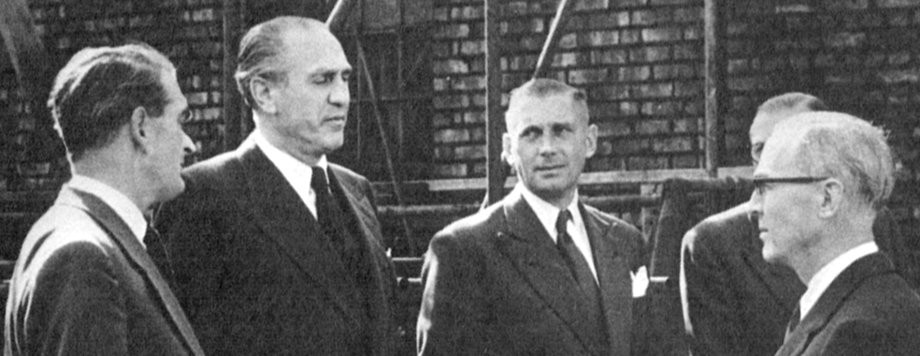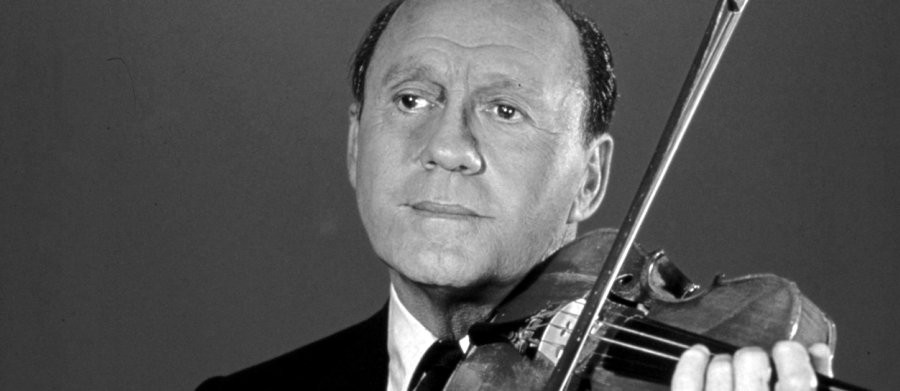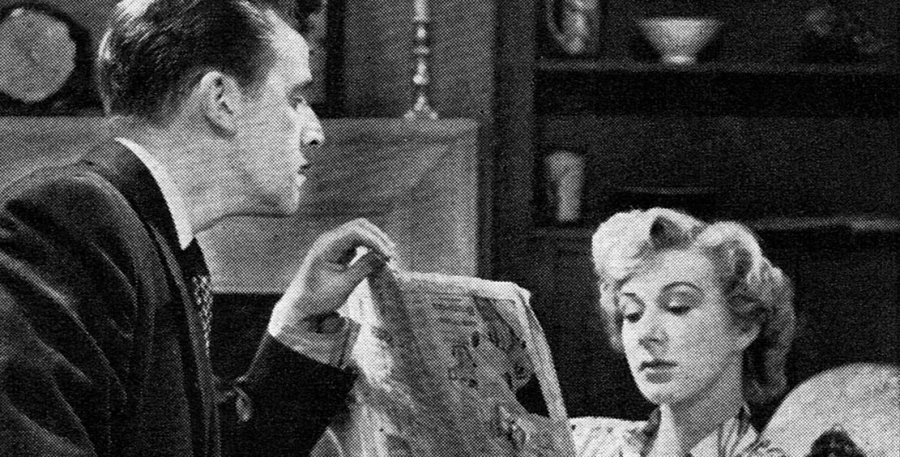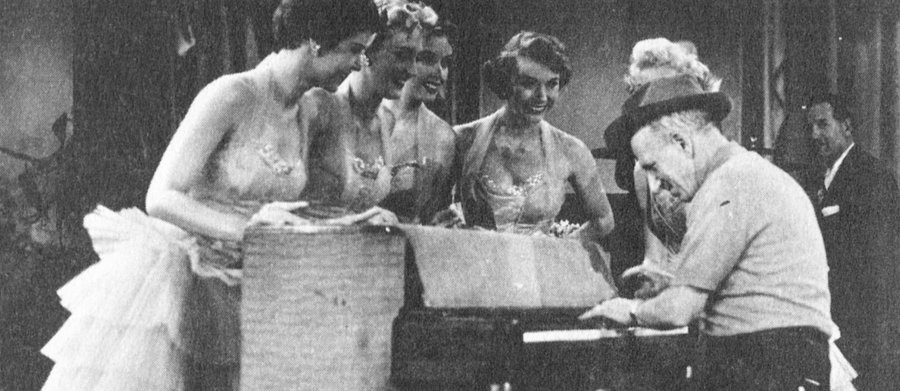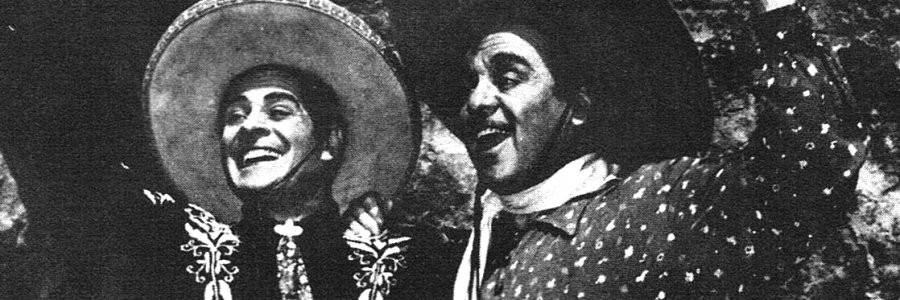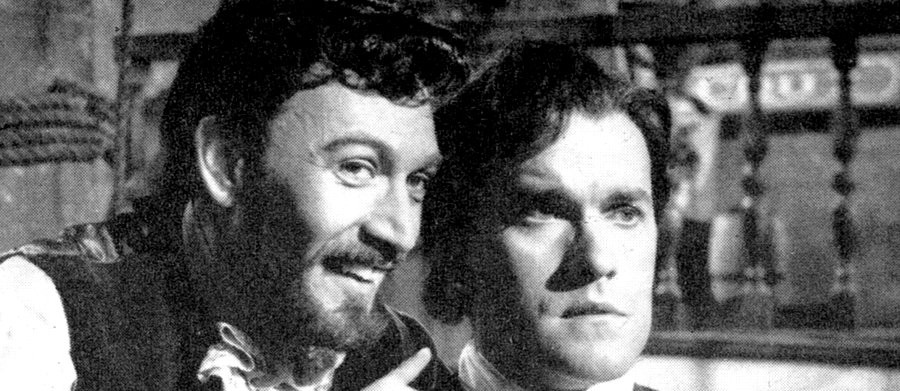
About Britain / London Town
1950 - United KingdomEarly British television series fronted by Richard Dimbleby who, with an outside film camera crew, would visit some of the more interesting and unusual parts of the capitol city and the people around them. For the first time the TV cameras could introduce viewers to London's life, customs and traditions.
The producer in those early days, Stephen McCormack (who joined the BBC in 1946), would mix pre-filmed outside sequences with live studio interviews sometimes employing a 'staged' scenic set to give the impression of a roaming camera doing an impromptu interview. It was quite an innovative method as McCormack remembered when writing for the 1955 Television Annual. "The blending of film shots into studio sequences, a technique that we helped to pioneer, is now an accepted part of television; but when we began to experiment there was very little experience to build upon. It has been fun proving that we can have any exterior location we wish, filmed in advance, and then add our own studio reconstructions to complete the story."
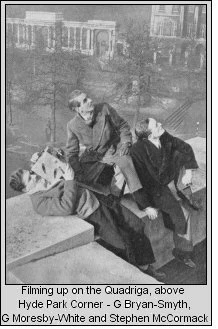
McCormack employed Peter Hunt and George Moresby-White to co-write London Town and the 45-minute television magazine soon became, according to Hunt, "a top rating winner."
"London Town was, in the best senses, the product of a team - Richard Dimbleby himself, a producer studio director, a film director, two writers, and a production secretary." Hunt later recalled. "Looking back, and when I consider how technically difficult it was (at the time), it now amazes me how much one has to pay these days for sledgehammers to crack peanuts. Richard earned peanuts for what he did." The series covered a wide area of London. "I imagine some people remember London Town, with its four or five items, covering such diversities as Lloyd's, the College of Arms, the sewers, Greenwich and Of Alley (named street after the Duke of Buckingham - now known as York Place WC2), Smithfield and Billingsgate, St Bride's and the Tower of London. The brief was to produce a programme about London which would interest a London audience. There was no great social content. We didn't knock anyone; we merely tried to find out how they ticked."
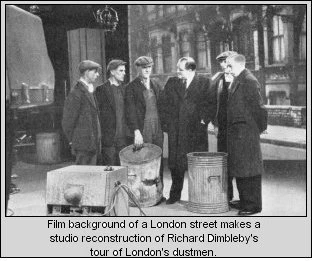
As the BBC television network expanded so did London Town. "It was in January 1952, that we extended our programmes to cover the whole of Britain," remembered Stephen McCormack. This became possible as the increasing chain of television transmitters began to stretch across the whole country. The new series, which ran alongside London Town, was called About Britain. "The machinery was this," said Peter Hunt, "McCormack would come up with us on reconnaissance to a given area - Wales, Skye, Edinburgh, Cornwall, Ulster. In co-operation with the BBC Sound experts we would construct a script. This started a film shooting-script, which was handed over to John Rhodes. Whilst Rhodes was filming McCormack and Dimbleby on the spot, Stephen Hearst (who had now joined as co-writer) and I would be working up the studio sequences." The filmed sequences were then matched with the studio sets on back projection. Hunt remembers Dimbleby in the studio having to master his cues exactly right as he moved from studio into film. "He was dealing on the studio floor with participants who had no experience of marks and moves and telecine. So far as I can recall he never got one wrong."
In 1955, when ITV started, both McCormack and Hunt left the BBC but Dimbleby, despite numerous offers, refused to leave. He soon found his reward by being offered a weekly current affairs programme and very soon cemented his reputation as the most respected British television Front Man of all time.
Seen this show? How do you rate it?
Seen this show? How do you rate it?
Published on November 26th, 2018. Written by Laurence Marcus for Television Heaven.


